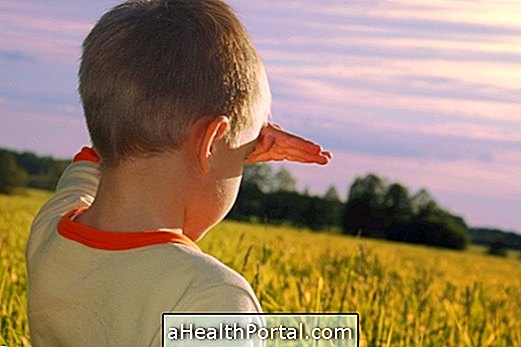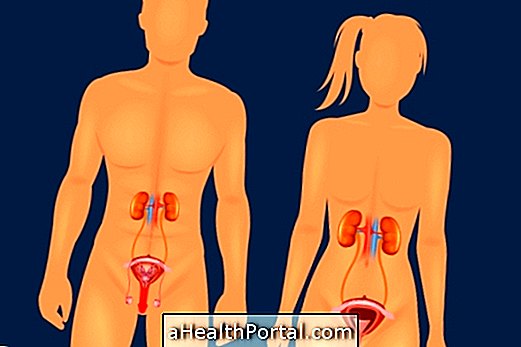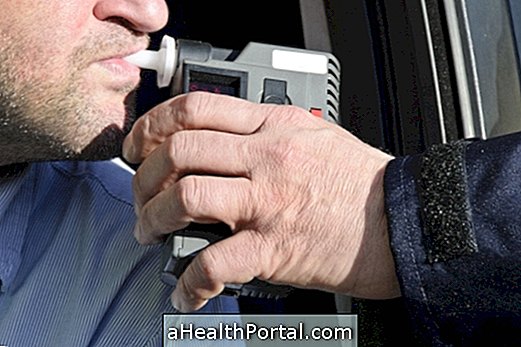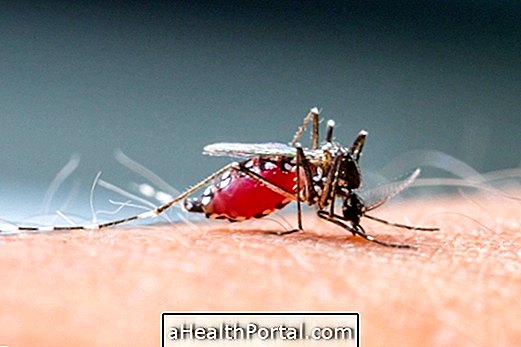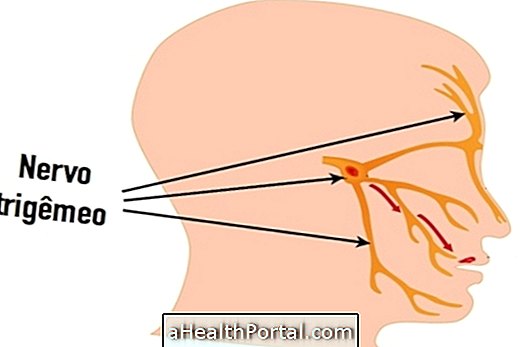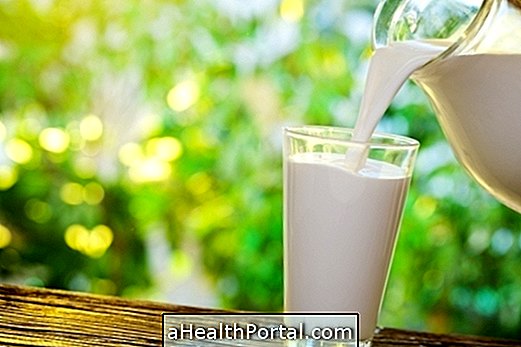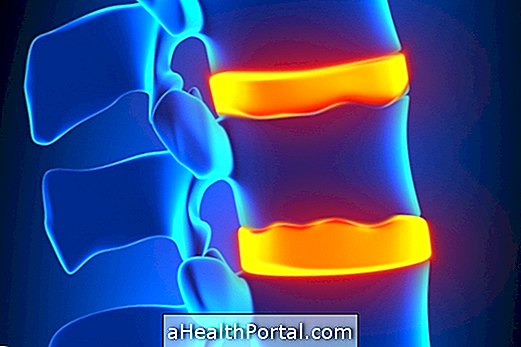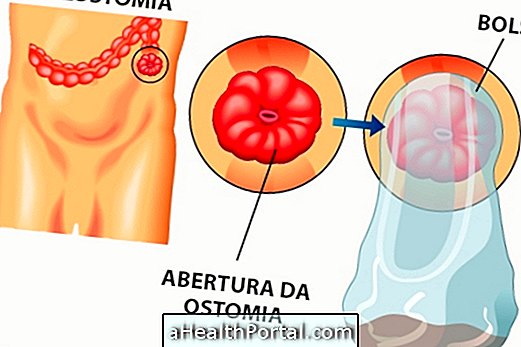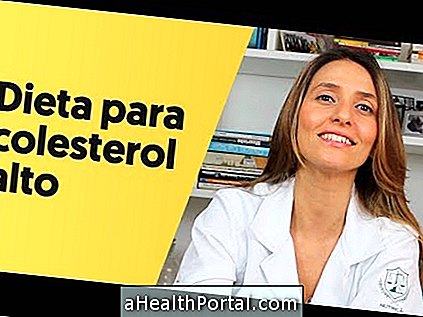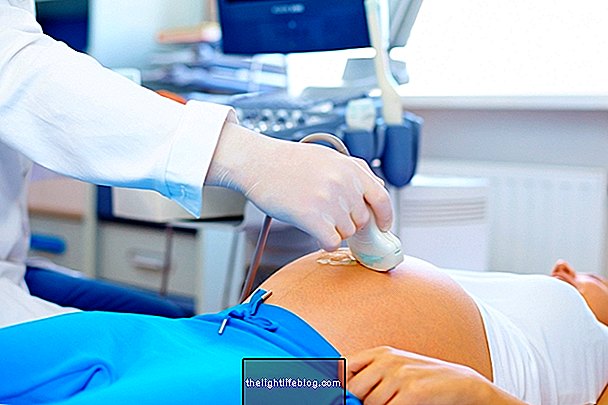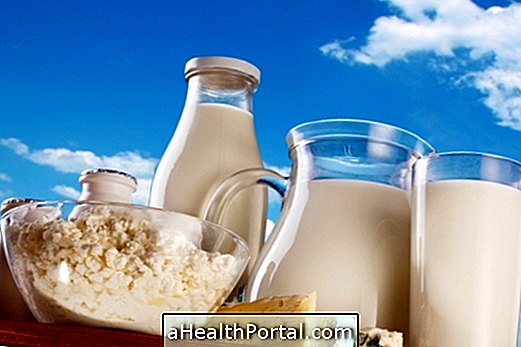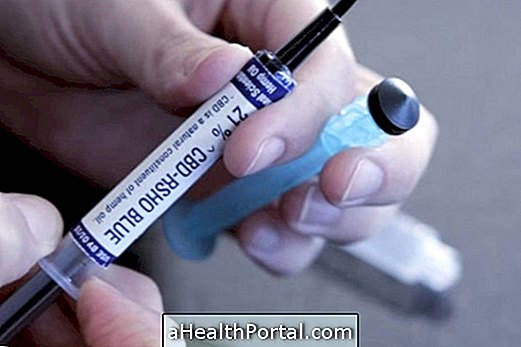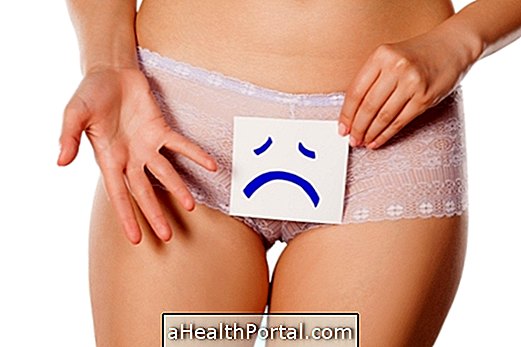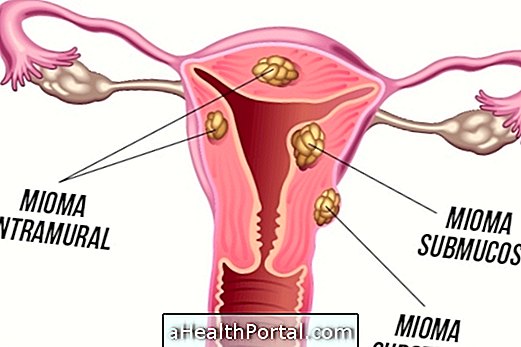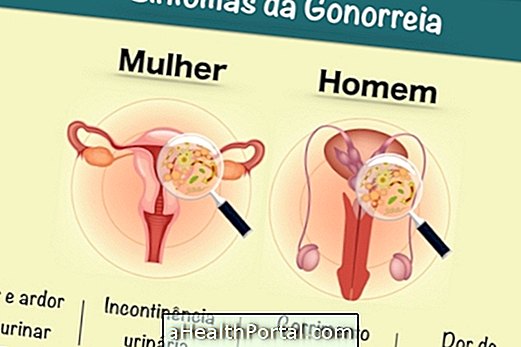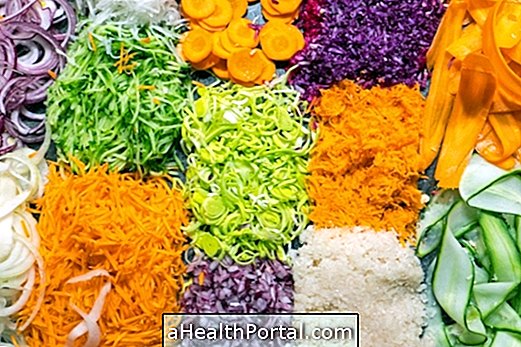The digestive system, also called digestive or gastro-intestinal (SGI) is one of the major systems of the human body and is responsible for food processing and absorption of nutrients, allowing the body to function properly. This system is made up of several organs, which act together to carry out the following main functions:
- Promote the digestion of proteins, carbohydrates and lipids from foods and beverages consumed;
- Absorb fluids and micronutrients;
- Provide a physical and immunological barrier for microorganisms, foreign bodies and antigens consumed with food.
In this way, the SGI is responsible for regulating the metabolism and immune system in order to maintain the proper functioning of the body.
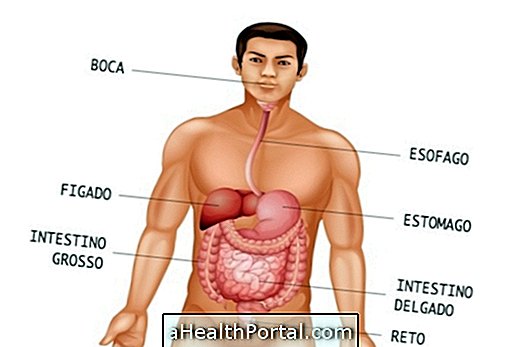
Organs of the digestive system
The digestive system consists of organs that allow the ingestion of the food or drink ingested and, along the way, absorption of essential nutrients for the proper functioning of the organism. This system extends from the mouth to the anus, and its constituent organs are:
- Mouth : responsible for receiving the food and reducing the size of the particles so that it can be digested and absorbed more easily, in addition to mixing it with saliva;
- Esophagus : responsible for transporting food and fluids from the oral cavity to the stomach;
- Stomach : plays key role in the temporary storage and digestion of food eaten;
- Small intestine : responsible for most of the digestion and absorption of food and receives the secretions of the pancreas and liver, which help this process;
- Large intestine : this is where the absorption of water and electrolytes occurs. This organ is also responsible for temporarily storing end products of digestion that serve as a means for bacterial synthesis of some vitamins;
- Straight and anus : are responsible for controlling defecation.
In addition to the organs, the digestive system consists of several enzymes that guarantee the correct digestion of food, the main ones being:
- Salivary amylase, or ptyalin, which is present in the mouth and is responsible for the initial digestion of the starch;
- Pepsin, which is the main enzyme in the stomach and is responsible for protein degradation;
- Lipase, which is also present in the stomach and promotes the initial digestion of lipids. This enzyme is also secreted by the pancreas and performs the same function;
- Trypsin, which is found in the small intestine and leads to the degradation of fatty acids and glycerol.
Most of the nutrients can not be absorbed in their natural form because of their size or the fact that they are not soluble. Thus, the digestive system is responsible for transforming these large particles into smaller and soluble particles capable of being absorbed rapidly, which is mainly due to the production of various digestive enzymes.
How digestion happens
The digestive process begins in the ingestion of food or drink and ends in the release of feces. Carbohydrate digestion begins in the mouth even though digestion is minimal, while digestion of proteins and lipids begins in the stomach. Most of the digestion of carbohydrates, proteins and fats happens in the initial portion of the small intestine.
The time of digestion of food varies according to the total volume and characteristics of the food consumed, and can last up to 12 hours for each meal, for example.
1. Digestion in the oropharyngeal cavity

In the mouth, the teeth crush and crush the food ingested into smaller particles and the food cake formed is moistened with saliva. In addition, there is release of a digestive enzyme, the salivary amylase or ptyalin, which initiates the digestion of the starch constituting the carbohydrates. Starch digestion in the mouth by the action of amylase is minimal and its activity is inhibited in the stomach due to the presence of acidic substances.
The food bolus crosses the pharynx, under voluntary control, and the esophagus, under involuntary control, reaches the stomach, where it is mixed with gastric secretions.
2. Digestion in the stomach

In the stomach, the secretions produced are rich in hydrochloric acid and enzymes and are mixed with food. In the presence of food in the stomach, pepsin, which is one of the enzymes present in the stomach, is secreted in its inactive form (pepsinogen) and converted into pepsin by the action of hydrochloric acid. This enzyme plays a fundamental role in the process of digestion of proteins, changing its shape and size. Besides the production of pepsin, there is also the production, in smaller quantity, of lipase, which is an enzyme responsible for the initial degradation of lipids.
Gastric secretions are also important to increase the availability and intestinal absorption of vitamin B12, calcium, iron and zinc.
After processing the food through the stomach, the bolus food is released in small amounts in the small intestine according to contractions of the stomach. In the case of liquid meals, gastric emptying lasts for about 1 to 2 hours, whereas for solid meals it lasts about 2 to 3 hours and varies according to the total volume and characteristics of the food ingested.
3. Digestion in the small intestine

The small intestine is the main organ of digestion and absorption of food and nutrients and is divided into three parts: duodenum, jejunum and ileum. In the early part of the small intestine, the digestion and absorption of most of the food ingested occurs due to the stimulation of the production of enzymes by the small intestine, pancreas and gallbladder itself.
Bile is secreted by the liver and gallbladder and facilitates the digestion and absorption of lipids, cholesterol and fat-soluble vitamins. The pancreas is responsible for secreting enzymes that are able to digest all the major nutrients. The enzymes produced by the small intestine reduce the carbohydrates of smaller molecular weight and peptides of medium and large size, in addition to the triglycerides that are degraded in free fatty acids and monoglycerols.
Most of the digestive process is completed in the duodenum and the upper jejunum, and the absorption of most nutrients is almost complete by the time the material reaches the middle of the jejunum. The entry of partially digested foods stimulates the release of several hormones and hence enzymes and liquids that interfere with gastrointestinal motility and satiety.
Throughout the small intestine almost all macronutrients, vitamins, minerals, trace elements and liquids are absorbed before reaching the colon. The colon and rectum absorb most of the remaining fluid from the small intestine. The colon absorbs electrolytes and a small amount of remaining nutrients.
The remaining fibers, resistant starches, sugar and amino acids are fermented by the brush border of the colon, resulting in short chain fatty acids and gas. Short chain fatty acids help maintain normal mucosal function, release a small amount of energy from some of the carbohydrates and residual amino acids, and facilitate absorption of salt and water.
The intestinal contents take 3 to 8 hours to reach the ileocecal valve, which serves to limit the amount of intestinal material that passes from the small intestine to the colon and prevents its return.

What can interfere with digestion
There are a number of factors that can cause digestion not to be performed correctly, resulting in health consequences for the person. Some of the factors that can affect digestion are:
- Quantity and composition of the food ingested, because depending on the characteristic of the food the process of digestion can be faster or slower, which can influence the sensation of satiety, for example.
- Psychological factors such as appearance, smell and taste of food. This is because these sensations increase the production of saliva and the secretions of the stomach, besides favoring the muscular activity of the SGI, causing that the food is little digested and absorbed. In the case of negative emotions, such as fear and sadness, for example, the reverse occurs: there is a decrease in the release of gastric secretions as well as a reduction in the peristaltic movements of the intestine;
- Digestive microbiota, which may be interfered with due to the use of antibiotic drugs, inducing bacterial resistance, or situations that lead to decreased production of hydrochloric acid through the stomach, which may result in gastritis.
- Food processing, since the way food is consumed can interfere with the speed of digestion. Cooked foods are usually digested faster than those consumed raw, for example.
If a symptom related to the gastrointestinal system, such as excessive gas, heartburn, feeling of abdominal bloating, constipation or diarrhea is noticed, for example, it is important to go to the gastroenterologist for tests to identify the cause of the symptoms and start the best treatment.


